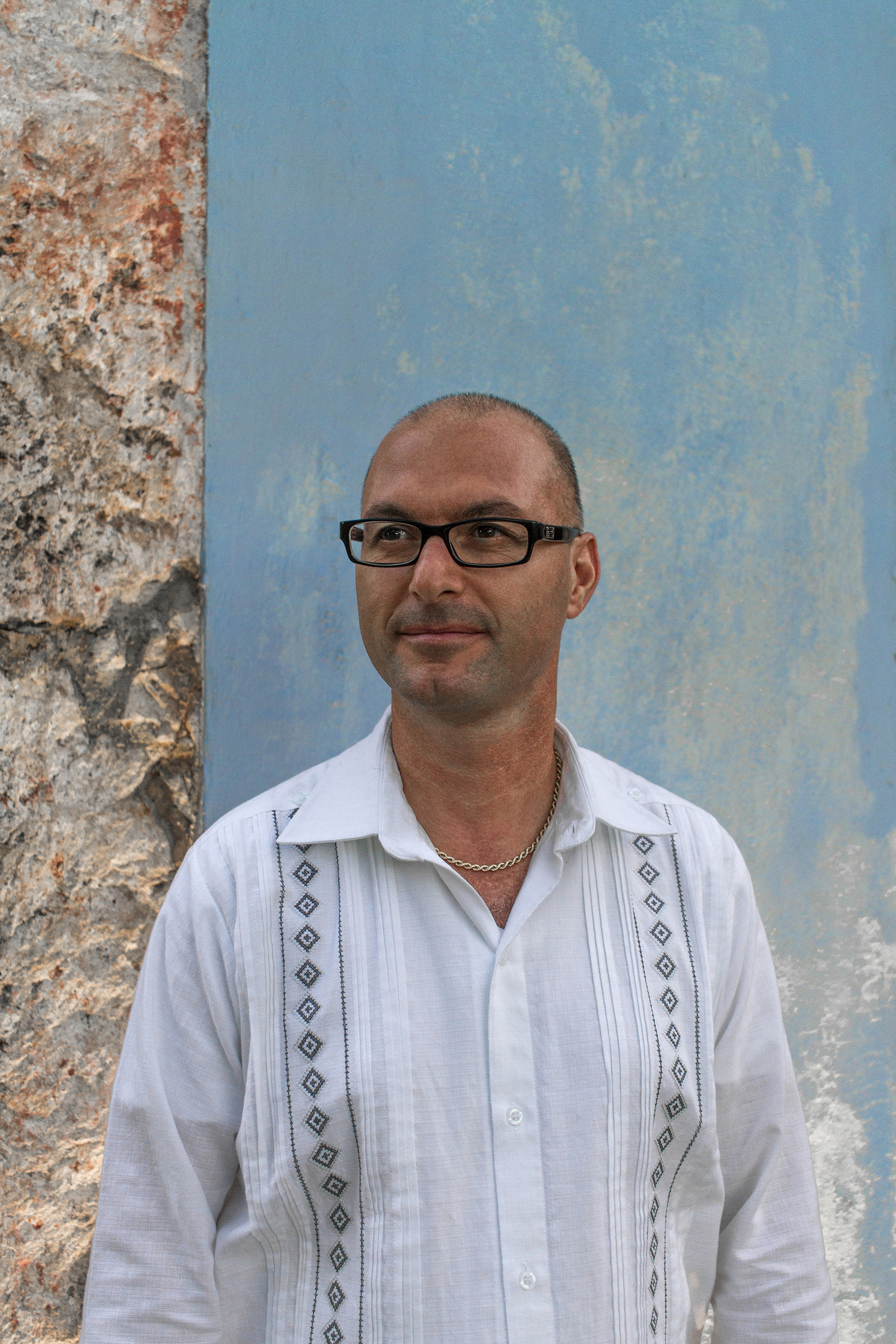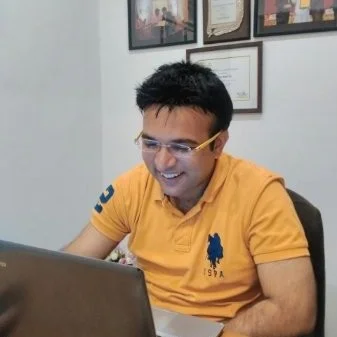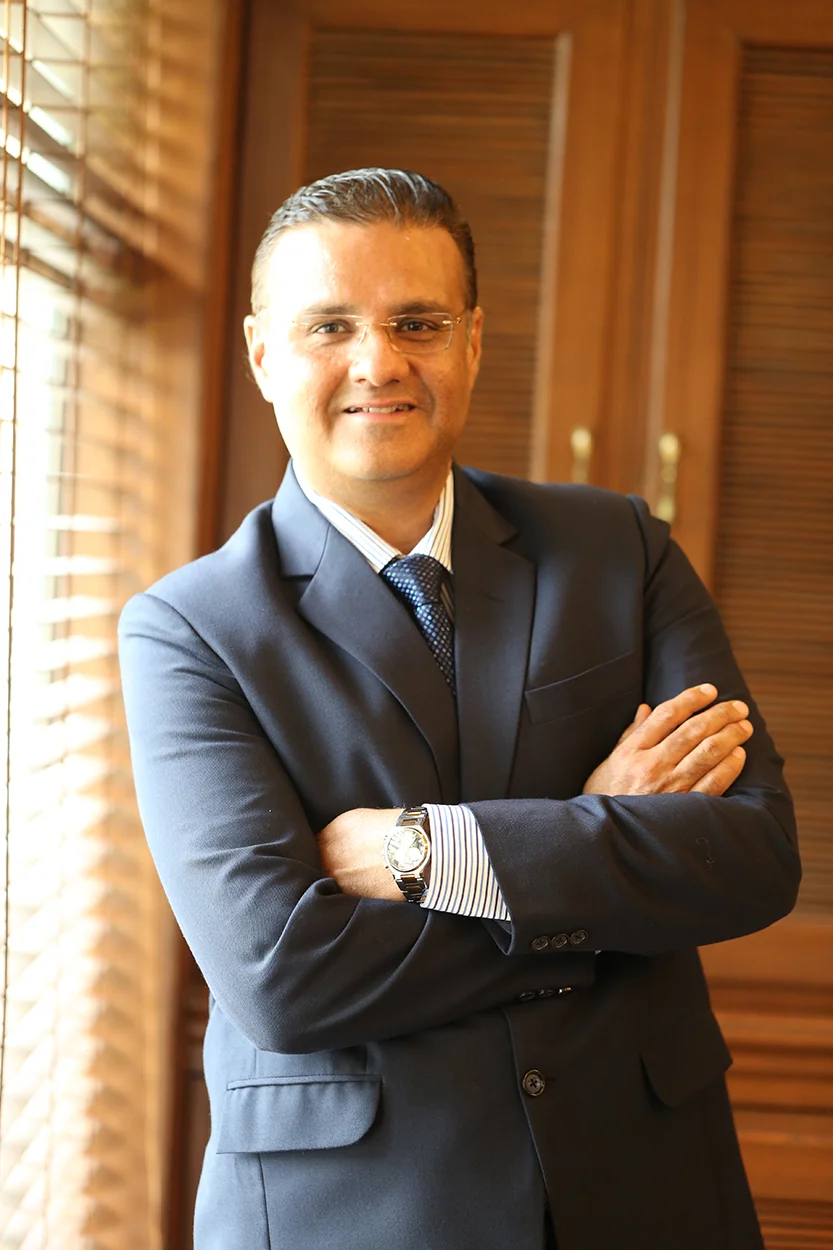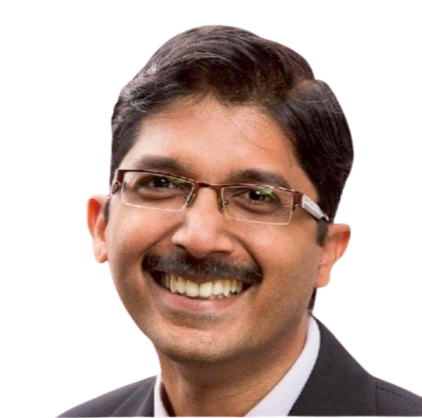Exclusive Interview | Chef Avtar Singh Rana, Executive Chef, Hotel The Royal Plaza, New Delhi
/“In this industry, success doesn’t come instantly, you have to keep patient, passionate, enthusiastic, diligent and hard-working.”
How did it all start? Share your culinary journey with us!
It all started when I was a daydreamer who always dreamt about big flames, always thinking how these celebrities becomes so famous, everybody talks about them and about their fortune, at one day one of my friends advised to get admitted in the Hotel institute that is the day which brings miracles in my life, my whole dream come to a reality when I was selected and get passed in the entrance test for my next carrier move. From student to a reputed profession called hospitality.
It was great learning in the institute where I have learnt lots of up and down in my life, Institute of Hotel Management and nutrition Chandigarh. Most of my life I spend in the hostel while schooling as well as while getting professional education. While in the institute we were thinking about only two hotels groups Like Taj & Oberoi. Luckily I was selected for Taj group of hotels and from then my culinary journey starts in actual to become a professional cook.
I have worked with brands such as the Taj, Accor-Grad Mercure Vadodara where I was opened that hotel, Marriott-Four Points Sheraton Vashi, Mumbai, Started Successfully Radisson Blu Greater Noida, Radisson City Centre, Jaipur, Habitat Hotel Kingdom of Saudi Arabia, alkhobar, Cluster Executive Chef for Western Hotels Abu Dhabi, Ghayati & Madinat Zayed, Now Heading one of the Biggest hotel in the heart of the City Hotel the Royal Plaza, 19 Ashok Road, heading the Culinary brigade.
What are your earliest memories of your kitchen you worked in?
It was at the Taj Ambassdor, Taj Man Singh- New Delhi where I did my industrial training. I was fortunate to work under some of the finest chefs of the country in the state of the art kitchens of its time. I was extremely good at live stations, guest’s interactions and handling the Omelette stations for busy breakfast mornings. I got a chance to work in every section of the kitchen and I was the luckiest one to get a chance to work in all the major section of the kitchen, I worked with Famous Chinese Restaurant of the Brand ‘Larry’s Kitchen and House of Ming Kitchen.
I was always interested in to get the knowledge of both hot & cold section of the kitchens and learnt the art of fruit and vegetable carving at that phase of my career. I never cared about my duty shift hours I worked hard to learn everything which in the end was the key to my success.
A dish your patrons/guest love?
There are endless dishes and every time there is a different story about it, In 21 years of experience I have catered to millions of guest with different nationalities and have special demands and preferences, most of the time our hotel packed with foreigner’s some the special dishes which are specially created on the demand of the guest only.
Smoked Salmon with horseradish cream, beetroot relish and crispy capers, Char Grilled Rump Steak, Sauteed Orange Chicken with shredded crispy ginger, Penne pasta with orange caper sauce, Shitake Tofu Cups in Black Bean Sauce.
A dish that you love but do not have on your menu?
Chef Special authentic creation of Chicken Ala kiev- Crispy golden fried chicken stuffed with spinach and cheese, served with creamy mushroom risotto and exotic vegetables – A Fabulous dish which all-time favourite and meal itself. A palatable dish is full of flavours and aroma. Unique as it’s all about the technique and the way it been presented. The risotto has to be al-dante and crème which goes well with crispy chicken.
What according to you does it take to become a successful chef?
Everybody has their own way to explain such a question, but it’s hard to become a successful chef after giving your blood and sweat for years to become a successful chef.
In this industry, success doesn’t come instantly, you have to keep patient, passionate, enthusiastic, diligent and hard-working.
Your sacrifice and your family time maintaining work-life balance is of the essence. Travel, explore, experiment, Innovation, creation, believe in yourself, never ever give up attitude and marketing yourself are the key for success for a reputed Chef. Now a days your presence in the Social and network media makes you famous and successful.
What advice would you give to a young culinary student?
Dear Nation Builders/ Champs, just a comment for you put your head down never believe in gossips, work hard, never ever wait for things to come to you, or it may happen, make them happen for yourself through hard graft and not giving up.
Always remember one thing “Do whatever you wish to do, Do that from your heart with love and care, this is the only way you can do it right”
What instruments/ equipment’s/ devices you cannot imagine working without?
A sharp knife, Probe Thermometer and a tasting spoon- my true friends which always make me right in every path of success.
Your favourite ingredient?
Peppers- Which are the soul of any food you served throughout the universe which is not complete until unless there is no pepper been used. There are so many different health benefits also you have it from the pepper, cured sour throat, helps during the cold, relief from the cold and helps in the purification of the blood cells.
Name chefs, you find amazing or chefs work you admire?
Chef Heston Blumenthal, Chef Raymond Blanc & Chef Shaju Zaccharia
What books should every chef read?
Larousse Gastronomique, new world Chinese Cuine Fuchisa Dunlop, Heaton Blumental –Total Perfection and Chef Avtar Singh Rana “Chef’s Nectar”






























































































